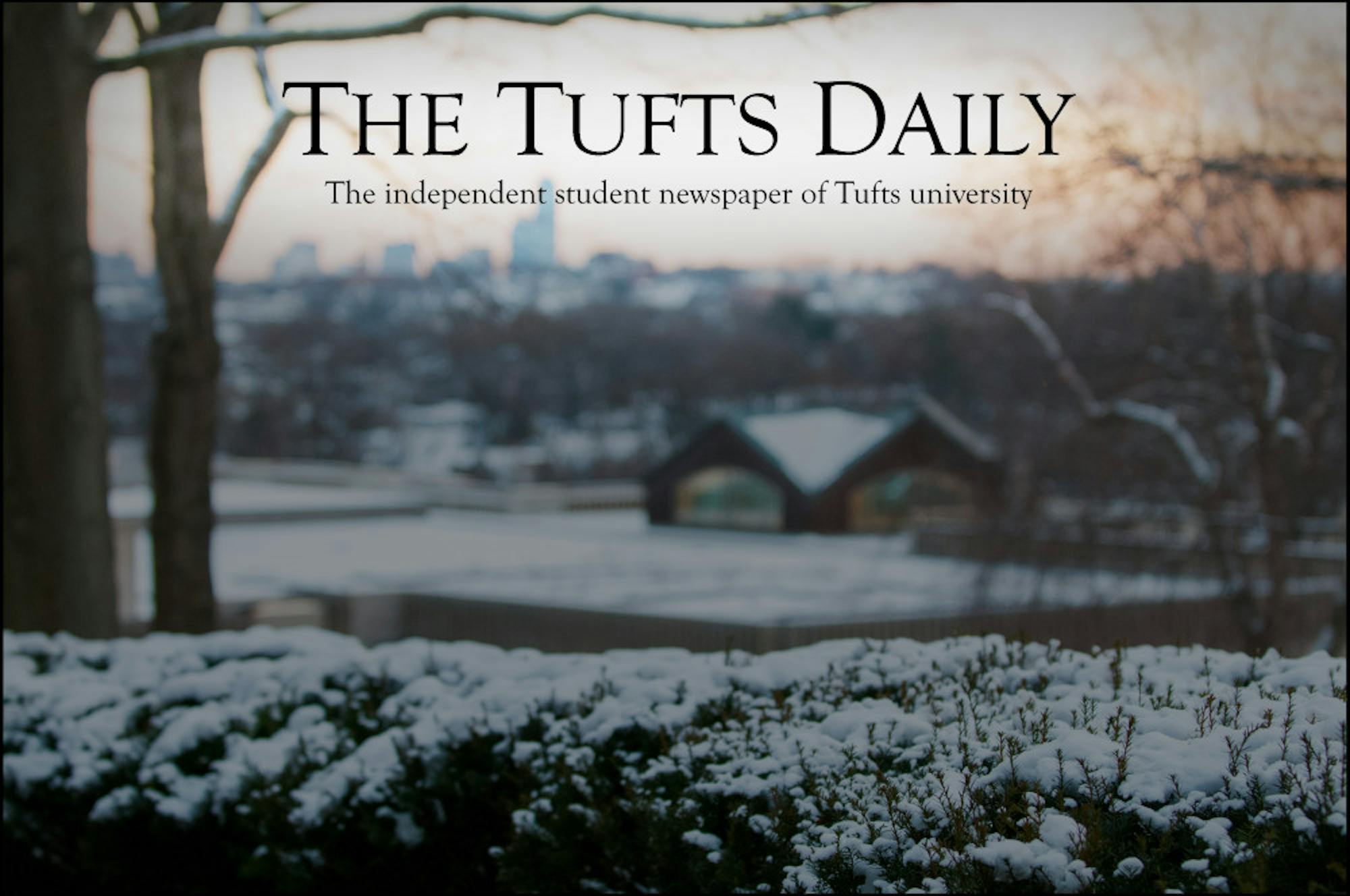There is no doubt that the world of science, technology, engineering and math can be intimidating for many students. Tufts' Center for Engineering Education and Outreach (CEEO), however, is working to break down the barriers that deter so many students from starting to explore these important fields at a young age.
The CEEO is composed of faculty, undergraduate and graduate students from engineering and education disciplines, all dedicated to the goal of integrating STEM into grade levels from kindergarten to college, according to its website.
The mission is to make people more comfortable with engineering," the CEEO's Director of Outreach Programs Elissa Milto said.
Through research, outreach, products and workshops, the CEEO strives to increase engineering and technical literacy.
The center's programs and connections are wide-ranging. In 2001, the CEEO established its outreach division and the Student Teacher Outreach Mentorship Program , allowing students, faculty and industry workers to promote engineering education in K-12 settings. According to the CEEO's website, STOMP is the first of its kind. The CEEO also sponsors the Tufts University American Society for Engineering Education Student Chapter and began its own educational research division in 2004.
The CEEO has approximately five to ten active research projects at once, the majority of which are funded through the National Science Foundation . The aim of these research projects is to introduce students to engineering problem solving at a young age in the hopes that it will create excitement for STEM and will motivate students to explore what the CEEO believes is such an integral part of the world around them.
One such endeavor at the CEEO is the Integrating Engineering and Literacy project. Funded by the NSF, this research project works to bring engineering principles into elementary school classrooms through existing reading curriculum.
"It's a research project in the classroom with the teachers," Milto, who is also an investigator with the IEL project, explained.
One of the research questions the project aims to answer is how "teachers' engineering (and STEM) content knowledge, pedagogical content knowledge, and perceptions or attitudes toward engineering influence their classroom teaching of engineering through literacy," according to the IEL's project web site.
According to Milto, the principle of IEL is for teachers to choose books for their students to read and then have the students look for problems in the stories that can be solved with engineering remedies.
"The students understand the problems, look at constraints in the book and then resolve the problem with the characters," Milto said.
The IEL project has been initiated in Medford and Somerville public schools, and, as recently as last spring, was run in the Acera School in Winchester, Mass., according to Milto. Founder and Co-Director of the Acera School Courtney Dickinson said she was enthusiastic about the partnership with the CEEO.
"What [the CEEO is] all about is absolutely synchronous with our core beliefs to begin with," Dickinson told the Daily.
According to Dickinson, the Acera School, a K-8 independent start-up school previously known as Anova: The Massachusetts School of Science, Creativity and Leadership, is unlike any public school in the area. The school opened its doors in 2010 with a focus on STEM learning and creative problem solving. According to the website, the "Acera Approach" aims to build educational partnerships with universities and other academic institutions to foster inspiration, develop new curricula and allow for rapid educational evolution in emerging fields.
"The mission is around generating the next generation of innovators and leaders to create a positive impact on the world," Dickinson explained. "There is a big emphasis on being a creative person who can solve problems."
The CEEO's IEL program works in concert with Acera's mission integrating engineering principles into the classroom






